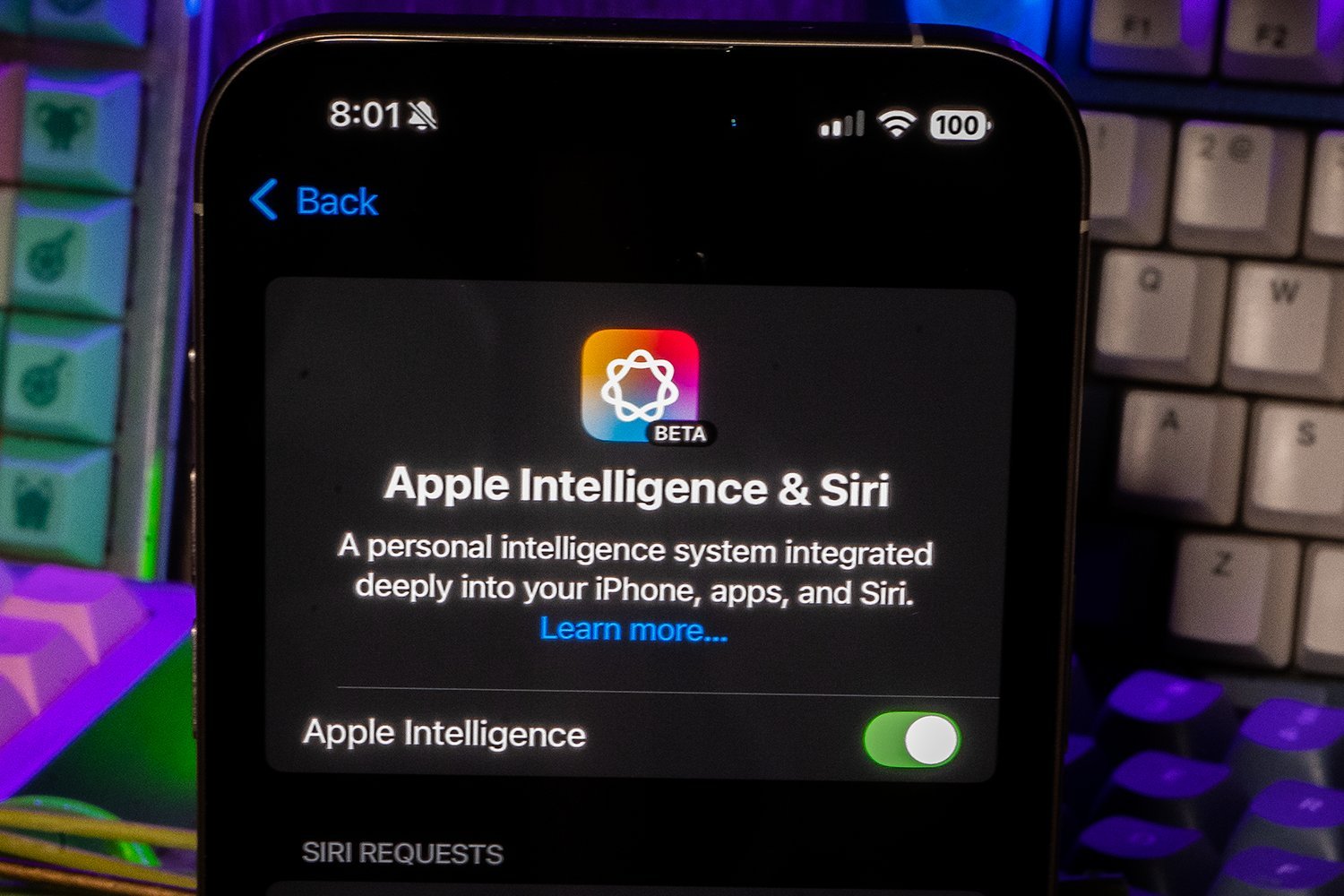Artificial intelligence is impacting various aspects of the digital world, and not always positively. While AI-generated content floods social media with misinformation, a similar issue is now affecting the open-source programming community. Just as fact-checking tools struggle to combat the deluge of false information online, contributors to open-source projects are grappling with the increasing burden of evaluating and debunking AI-generated bug reports.
Recent reports highlight the growing concern among developers about the influx of low-quality, spammy, and often nonsensical bug reports created by AI code-generation tools. Seth Larson, a security developer-in-residence at the Python Software Foundation, has observed a noticeable increase in these reports, describing them as “LLM-hallucinated.” These seemingly legitimate reports demand valuable time and effort to refute, posing a significant challenge for open-source projects, which are often maintained by small teams of unpaid volunteers. The potential impact of legitimate bugs in widely used code libraries like Python, WordPress, and Android is substantial, making accurate bug reporting crucial. While the current volume of AI-generated junk reports is relatively small, the upward trend is alarming.
Developer Daniel Sternberg recently publicly called out a bug submitter on HackerOne, accusing them of wasting his time with an AI-generated report. Sternberg expressed frustration with the submitter’s apparent reliance on AI and the subsequent “crap responses,” which he also suspected were AI-generated. This incident underscores the growing tension between developers and the misuse of AI tools for bug reporting.
The use of large language models (LLMs) for code generation is increasingly popular, yet its true utility remains debated among developers. Tools like GitHub Copilot and ChatGPT’s code generator can efficiently produce basic code scaffolding and assist developers in finding functions within unfamiliar programming libraries. However, these LLMs are prone to “hallucinations,” producing incorrect or incomplete code snippets. Because LLMs lack true code comprehension, relying solely on statistical probabilities, developers still require a fundamental understanding of programming languages to debug issues and ensure proper code integration.
Platforms like HackerOne offer bounties for identifying valid bugs, which may incentivize individuals to utilize ChatGPT for codebase analysis and submit any resulting flaws, even erroneous ones. While spam has always been an internet nuisance, AI significantly amplifies its generation. This situation may necessitate the increased implementation of protective measures, such as CAPTCHAs, further complicating online interactions.
In conclusion, the rise of AI-generated bug reports presents a significant challenge to the open-source community. While LLMs offer potential benefits for code generation, their misuse for generating spurious bug reports wastes developers’ time and resources. Addressing this issue requires a multi-faceted approach, potentially involving improved AI detection methods and community guidelines for responsible AI usage in software development. The long-term impact of this trend remains to be seen, but it underscores the importance of balancing AI advancements with responsible implementation to protect the integrity and efficiency of open-source development.











